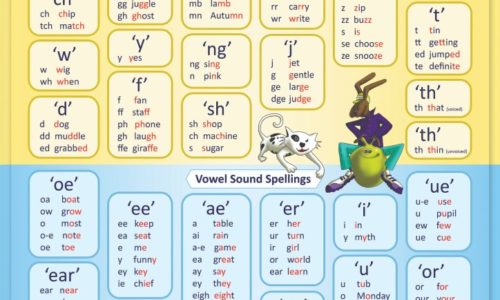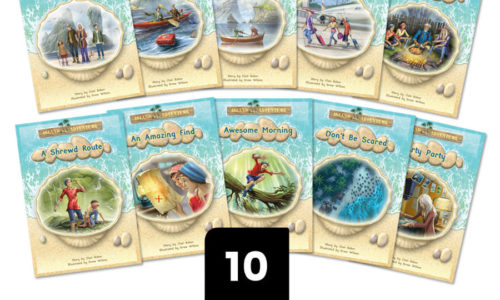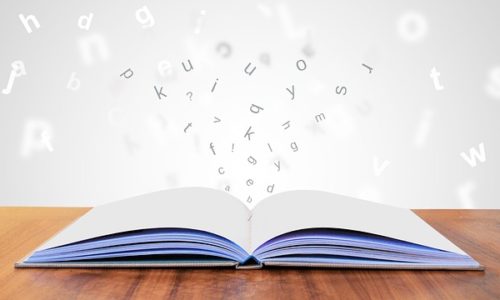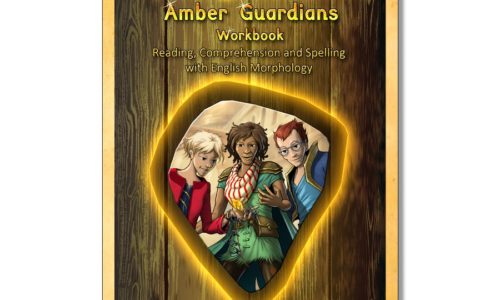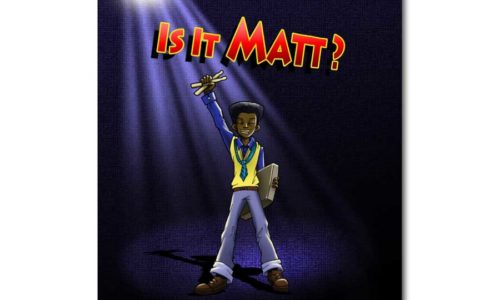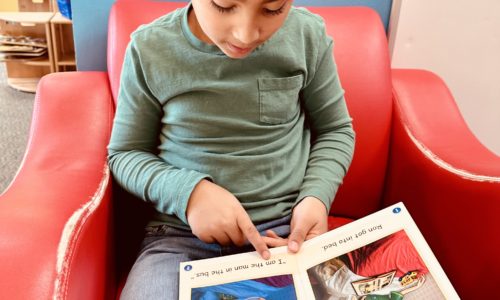
What do we mean by ‘sound it out’ and what does it entail? When a child gets stuck on a word we often remind them to ‘sound it out’. As fluent readers, we assume this is very straightforward. We recognise these words automatically and skip all the stages that beginner readers need to go through […]
Read More

